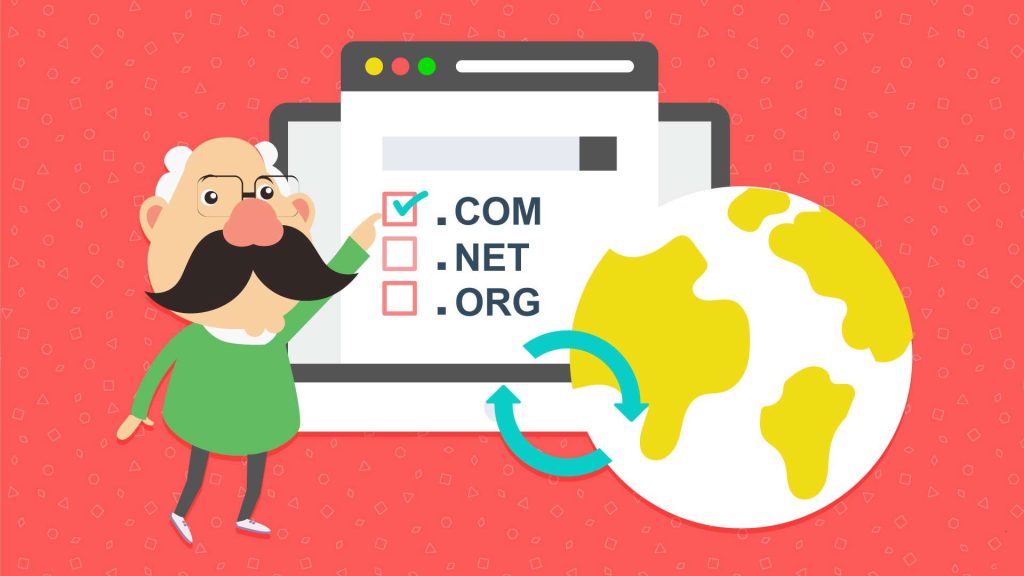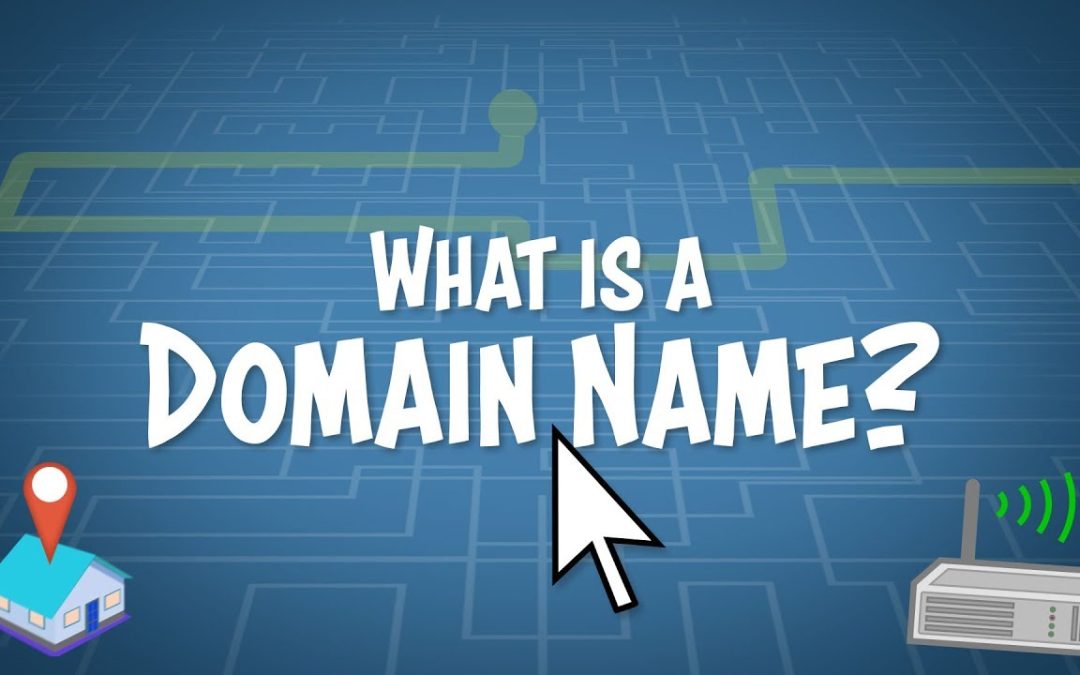How to Choose a Perfect Domain for your Business/Organization
The selection of a catchy domain name should be the first step for the vast majority of companies considering the launch of a website. Because a domain name can never be changed after it has been selected, it is essential to get this part right from the start. The process of selecting the ideal domain name for a website can be one that is both bewildering and aggravating.
You will most likely have a lot of questions going through your head. What is going to be the most simple for existing consumers and possible new customers to keep in mind? Which name will be the most effective in terms of the impact it will have on the results that search engines will show? What steps should I take if I discover that the current name of my company has already been registered by another party and incorporated into a web address by that party?
NINE ADVICE POINTS TO CONSIDER WHEN SELECTING A DOMAIN NAME FOR YOUR WEBSITE
1. Make an effort to pick something that is connected to what it is that your company truly does. You will undoubtedly find that the linked addresses with the smallest lengths have been taken, but you shouldn’t let this deter you. For instance, the domain name plumber.com has already been taken, but variations on that theme, such as plumberatlowrates.com, might still be available.
If your company is highly focused on serving the community around it, it may be beneficial to include the name of the area in its address. Using the preceding illustration as an illustration, hullplumberatlowrates.com could be an alternative.
2. Consider what people might type into a search engine when seeking services like yours; if you combine these terms into the name of your website, it is more likely that you will appear high up in the search engine results and that people will find you. You might key in “lofts,” for instance, if you’re looking for a company that specializes in the construction of environmentally friendly designs for loft conversions, and if you did that, you would discover an identical match.
 3. Make an effort to select a name that is available in all top-level domains (TLDs). This will ensure that a competing company or individual will not be able to register an address that is nearly identical to yours in the future, but with a different ending such as.org,.net,.biz, etc. 4. Make sure that the name you select is not already in use.
3. Make an effort to select a name that is available in all top-level domains (TLDs). This will ensure that a competing company or individual will not be able to register an address that is nearly identical to yours in the future, but with a different ending such as.org,.net,.biz, etc. 4. Make sure that the name you select is not already in use.
There are dozens of top-level domains (TLDs) available, and even if you can’t buy them all or don’t want to, it’s a good idea to make an effort to get the most important ones. This would include.com ,.biz,.net, and.org.
If you discover that the domain name you want to use is available in.co.uk but not in.com or vice versa, it is highly recommended that you look for a variation of the name that is available in both domains rather than purchasing only one. This could save a substantial amount of money in the future when it comes time to buy out the registration of someone else’s domain name!
4. Although it may appear to be stating the obvious, you should make every effort to keep your domain name as short and easy to remember as you possibly can. When you think about some of the most massively successful internet giants, you might notice that they tend to have names that are short and maybe even a little bit unusual (see point 5). Some examples of these names include Google, MySpace, Twitter, and Wikipedia, among others (whether “unusual” works or not with your business largely depends on the target audience and the business itself). Others, like weather.com or homesforsale.co.uk, are more directly identified with their “business.”
5. If you believe that your company could potentially change into something else or extend out into various areas of opportunity, then it may be beneficial for you to select something that is less easily categorized. You might currently sell DIY supplies through your website, but there’s nothing to suggest that in the future you won’t also sell outdoor furniture or athletic apparel. Who’s to say?
6. Domain names can only ever have a limited amount of “characters,” which are now limited to just letters, numbers, and dashes. Thus, you shouldn’t waste your time coming up with amazing names that involve punctuation and symbols.
7. Refrain from choosing a name that incorporates the name of a well-known brand or a name that is so closely associated with the brand that the two names are virtually indistinguishable from one another. This could put you in a lot of different kinds of legal trouble.
8. Make use of a trustworthy domain name seller, preferably one that has been in business for several years and has a track record of successfully registering names. You do not want to purchase a name just to have both the name and the money you spent on it vanish after you have made the purchase. You should also look for a provider that gives you the option to update your domain name for features such as email forwarding since this can be helpful in the event that the circumstances surrounding your business shift.
9. If you plan to acquire and register a number of domain names, it is recommended that you stick with a single service provider. This was mentioned previously. This puts them all in one place, so if and when any of them become due for renewal or if you ever need to administrate them, you can do it all in the same location. Also, just one place will be responsible for sending out reminders that the subscription must be renewed.
If you are only going to register one of the primary domains, you need to give this a lot of thought. You may register it even if the other primary domain name is already taken, which would prevent your online presence from being disrupted. Consider the following scenario: you have registered your.com domain name, but someone else registers a.net domain name with the exact same name. This would result in a great deal of uncertainty for your company’s online presence.

